Premium Only Content
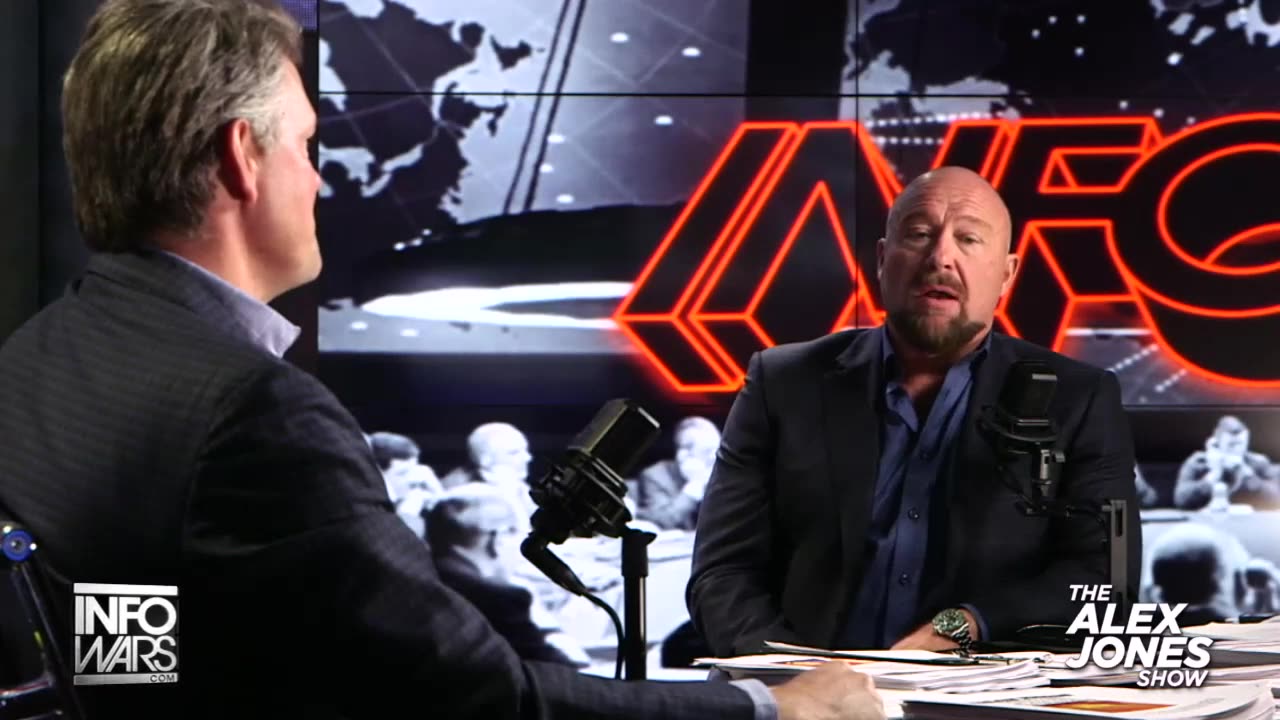
Never-Before-Heard Audio Tape of Kennedy Assassination Revealed
John F. Kennedy, the 35th president of the United States, was assassinated on November 22, 1963, while riding in a presidential motorcade through Dealey Plaza in Dallas, Texas. He was accompanied by his wife, Jacqueline Kennedy, Texas Governor John Connally, and Connally’s wife, Nellie, when he was fatally shot.
The shots were fired from the nearby Texas School Book Depository by Lee
Harvey Oswald, a former U.S. Marine. The motorcade immediately rushed to Parkland Memorial Hospital, where Kennedy was pronounced dead approximately 30 minutes after the attack. Governor Connally, who was also seriously wounded, survived after receiving medical attention. Vice President Lyndon B. Johnson was sworn in as president just two hours and eight minutes later aboard Air Force One at Dallas Love Field.
Following the assassination, Oswald fled the scene and returned to his home to retrieve a pistol. Shortly after, he shot and killed Dallas police officer J. D. Tippit. Around 70 minutes after the initial attack on Kennedy, Oswald was apprehended by the Dallas Police Department. He was charged under Texas state law with the murders of Kennedy and Tippit.
Two days later, on November 24, 1963, as Oswald was being transferred from the Dallas Police Headquarters, he was fatally shot by Jack Ruby, a Dallas nightclub owner, in full view of live television cameras. Like Kennedy, Oswald was taken to Parkland Memorial Hospital, where he died shortly after. Ruby was convicted of Oswald’s murder, but his conviction was overturned on appeal.
Ruby died in prison in 1967 while awaiting a new trial. The Warren Commission, established to investigate the assassination, concluded after a 10-month inquiry that Oswald acted alone in killing Kennedy and that there was no evidence linking either Oswald or Ruby to any conspiracy. However, controversy persisted. In 1967, New Orleans District Attorney Jim Garrison brought the only trial related to Kennedy’s assassination against businessman Clay Shaw, who was ultimately acquitted.
In 1961, Henry Marshall, an employee of the Department of Agriculture, was investigating fraud involving Billie Sol Estes, a businessman and close associate of LBJ. Marshall was found dead under suspicious circumstances, having been shot multiple times. Later, Billie Sol Estes declared that, during a meeting with LBJ, Carter, and Malcolm “Mac” Wallace, it was decided that Marshall should be eliminated.
Wallace, often described as a “hitman for hire” for LBJ, was allegedly the one who carried out the crime. Carter reportedly commented that Wallace “messed it up,” suggesting the murder did not go as planned. In 1984, Billie Sol Estes reaffirmed these allegations before a grand jury, claiming that LBJ ordered multiple assassinations, including Marshall’s, with Carter acting as the intermediary and Wallace as the executor.
Another controversial point is the claim that Carter admitted LBJ hired Wallace to play a role in JFK’s assassination. According to Billie Sol Estes and other authors such as Barr McClellan and Roger Stone, Wallace was actively involved in the conspiracy, persuading Jack Ruby to recruit Lee Harvey Oswald and firing one of the shots that struck Kennedy in Dallas.
In his book, Barr McClellan claimed that Wallace’s fingerprints were found at the Texas School Book Depository, from where the shots that killed Kennedy were fired. These accounts support theories that LBJ was directly involved in JFK’s death, with Carter and Wallace playing key roles.
Despite Billie Sol Estes’s statements and the works of authors like McClellan and Stone, these accusations have never been corroborated by official investigations.
The Warren Commission, responsible for investigating JFK’s assassination, concluded that Lee Harvey Oswald acted alone and found no evidence linking LBJ, Carter, or Wallace to the case.
Go ahead and listen for yourself.
_____
"To those who don't want the truth about Kennedy's assassination to become known, the very repetition of a charge lends it a certain credibility, since people have a tendency to believe that where there's smoke, there's fire."
- Jim Garrison
_____
-
 1:28:42
1:28:42
Redacted News
5 hours agoBREAKING! SOMETHING BIG IS HAPPENING IN EUROPE ALL OUT WAR IS COMING AGAINST RUSSIA, TRUMP FURIOUS
108K252 -
 47:50
47:50
Candace Show Podcast
5 hours agoBREAKING: Judge Makes Statement Regarding Taylor Swift's Text Messages. | Candace Ep 155
94.3K102 -
 DVR
DVR
Josh Pate's College Football Show
2 hours agoCFB’s Most Hated Teams | FSU & Clemson Future | Big Ten Win Totals | Star Rankings Overrated?
5.76K -
 1:33:47
1:33:47
CatfishedOnline
4 hours agoGoing Live With Robert - Weekly Recap
19.4K -
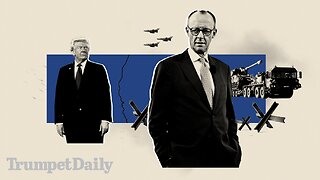 55:18
55:18
LFA TV
1 day agoEurope’s Sudden Turn Against America | TRUMPET DAILY 3.6.25 7PM
25.5K3 -
 4:21
4:21
Tundra Tactical
3 hours ago $1.38 earnedPam Bondi MUST Enforce Due Process NOW!
18.4K1 -
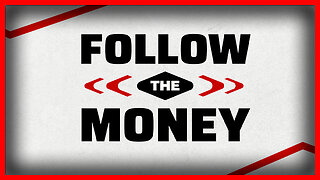 56:42
56:42
VSiNLive
4 hours agoFollow the Money with Mitch Moss & Pauly Howard | Hour 1
43.6K1 -
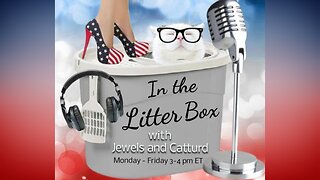 1:05:32
1:05:32
In The Litter Box w/ Jewels & Catturd
1 day agoShalom Hamas | In the Litter Box w/ Jewels & Catturd – Ep. 756 – 3/6/2025
98.7K37 -
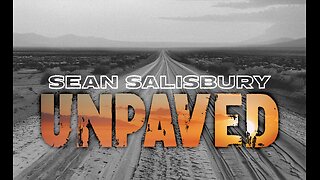 1:23:00
1:23:00
Sean Unpaved
6 hours ago $2.98 earnedNFL Free Agency
50.9K3 -
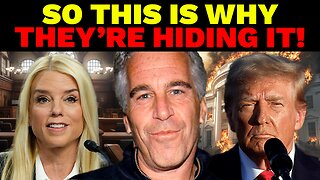 18:25
18:25
Stephen Gardner
5 hours ago🔥The REAL REASON the Epstein Files are being HIDDEN | I CONFRONT Alan Dershowitz for details!
63.3K101